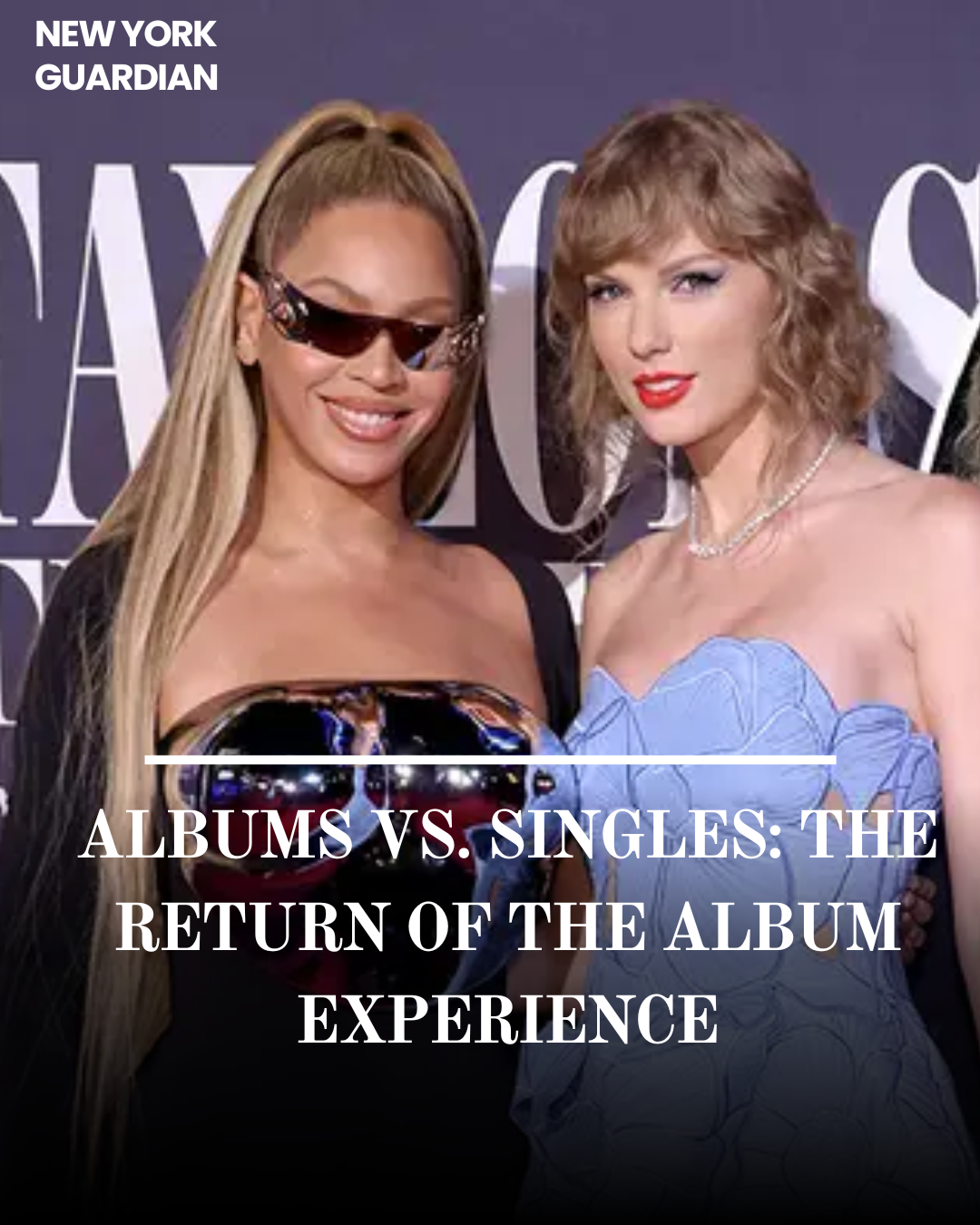Beyoncé launched two in one go; Dua Lipa let her lovers have three. Taylor Swift? She kept everything under wraps.
In a departure from the trend of releasing singles in advance, both The Tortured Poets Department and Billie Eilish have opted to drop their albums without prior single releases.
This move has sparked discussions about the relevance of albums in the streaming era and the potential resurgence of the album format.
Streaming Impact:
Streaming platforms like Spotify and Apple Music have shifted consumer behavior towards singles, allowing listeners to cherry-pick tracks and create personalized playlists. This has led to a perceived decline in the significance of albums as standalone bodies of work.
Album Experience:
Billie Eilish’s decision to release her album without singles reflects a desire to preserve the cohesive narrative and emotional journey of the album format. She emphasizes the importance of experiencing the album as a whole, likening it to a family where each track plays a vital role.
Contextual Appreciation:
Eilish’s stance highlights the issue of appreciating music in context, suggesting that singles released in isolation may not fully capture the essence of an artist’s vision. By presenting the album as a complete entity, artists aim to immerse listeners in a unified artistic expression.
Creative Vision:
Martin Talbot, CEO of the Official Charts Company, emphasizes the significance of albums as a reflection of an artist’s creative vision.
Albums represent a culmination of artistic expression and serve as a testament to the artist’s musical journey and narrative.
Cultural Preservation:
Talbot underscores the importance of preserving the album as a cultural artifact and creative milestone in music. By embracing the album format, artists contribute to the richness and diversity of the music landscape, fostering a deeper appreciation for artistic storytelling and musical cohesion.





















